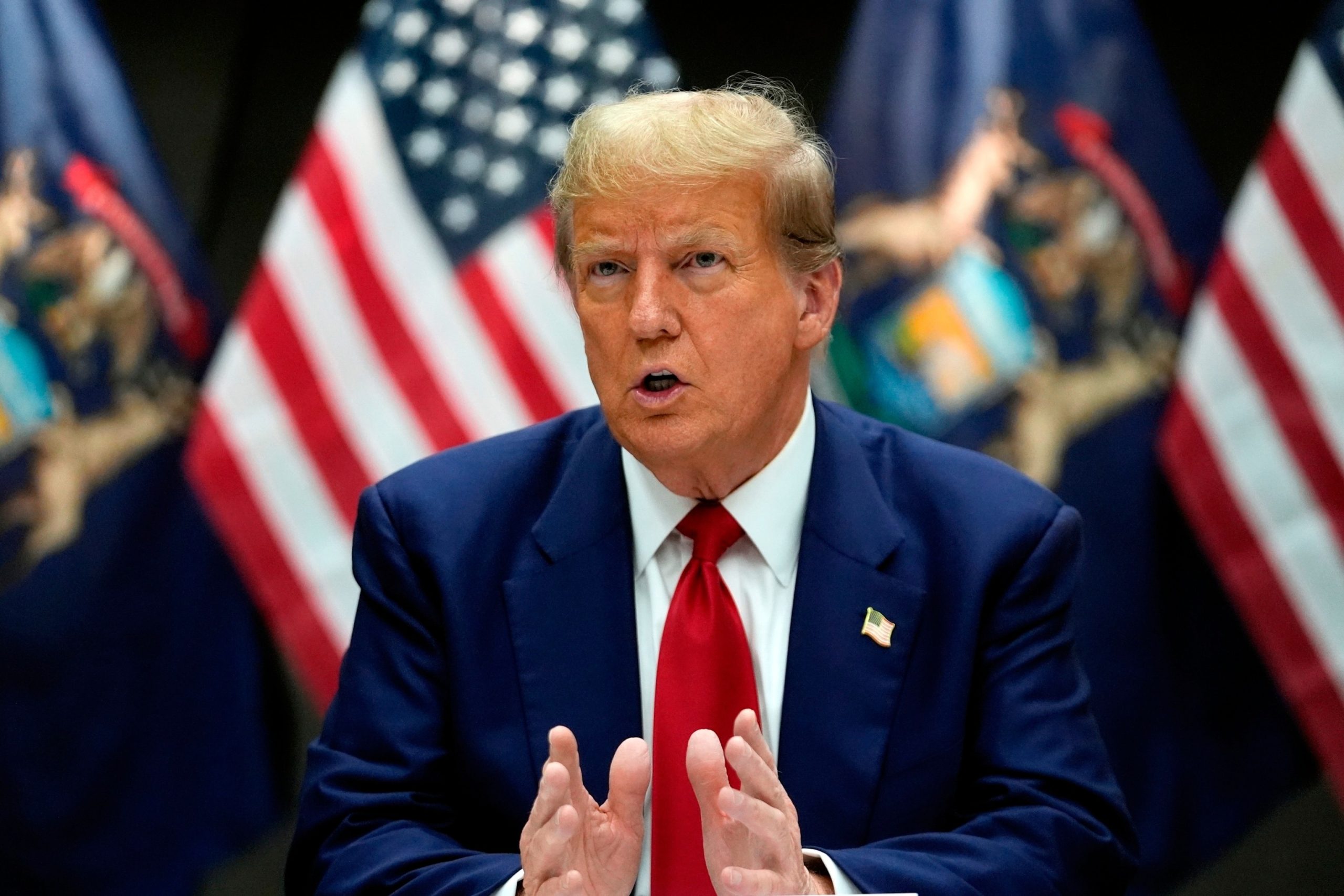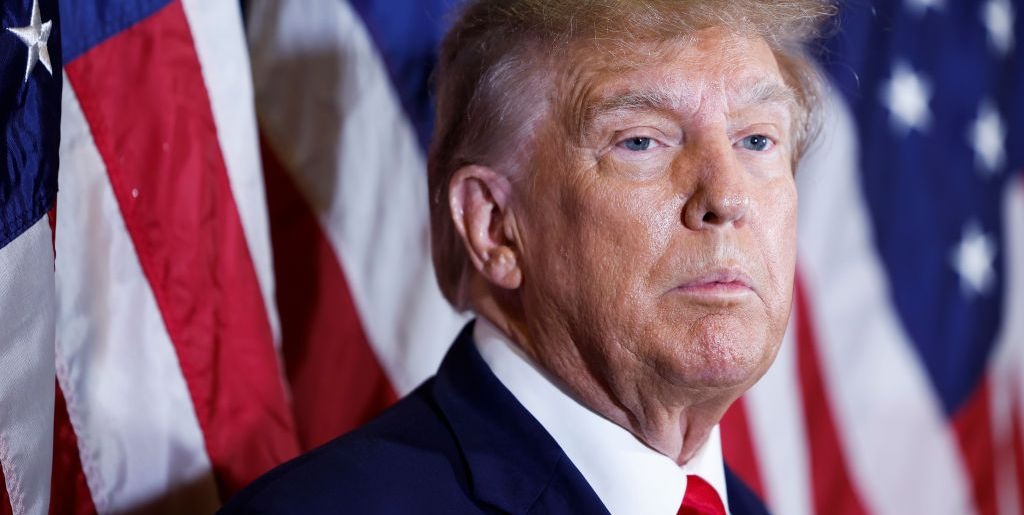Former President Trump’s first criminal trial has entered its second week, with a shift in focus from sensational testimony to a detailed examination of paperwork and records.
The prosecution, led by Manhattan District Attorney Alvin Bragg, is presenting a case that Trump corruptly influenced the 2016 presidential election by falsifying business records to conceal alleged affairs.
The first week featured testimony from David Pecker, the former National Enquirer publisher, who described the “catch and kill” agreement between his tabloid and Trump’s 2016 campaign to silence individuals alleging affairs with Trump.

However, the second week has taken a more subdued tone, with testimony from Trump’s longtime assistant, Rhona Graff, and banker Gary Farro, focusing on verifying Trump’s calendar, email interactions, and financial records.
Graff’s testimony was brief and lacked the sensationalism of Pecker’s, but she did confirm saving contact information for Karen McDougal and Stormy Daniels, the two women paid hush money after alleging affairs with Trump. Trump’s lawyers used Graff’s appearance to portray Trump positively, with Graff describing him as a fair and respectful boss.

The prosecution has presented numerous exhibits, including contracts, invoices, text messages, and emails, to support the witnesses’ testimony. The focus on records is expected to continue, with the prosecution showing jurors the documents that form the basis of the 34 criminal charges against Trump, including invoices, general ledger entries, and checks.
The trial will resume Tuesday morning, with Farro expected to retake the stand. The prosecution’s strategy of mixing sensational testimony with a detailed examination of paperwork aims to present a comprehensive case to jurors, who were selected based on their ability to sift through documents and consider the evidence.

